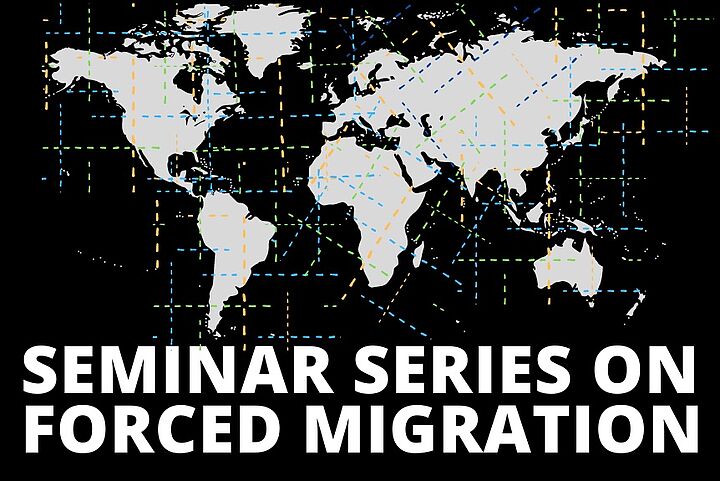Montag, 28. Februar 2022, 16:00 - 17:30 iCal
Seminar Series on Forced Migration
The conundrum of trafficking and statelessness in West Bengal
Paula Banerjee
Lecture
Statelessness is a problem that has been plaguing states, human rights activists, the UNHCR and other international organizations and the vulnerable and displaced population groups of the world. Statelessness does not respect borders; it robs the stateless of their rights and dignity, rights over their bodies and dignity of life. It deprives them of the ability to protest rampant exploitations. It also robs the states of its human face. Stateless men, women and children become insecure because they can be displaced any time that the state or the majority community so desires. Even states are unable to fathom what to do with stateless people, where to return them if need be. The Rohingya women in Bengal jails are a case in point. In 2015 when we were doing our field work on cross-border women in Bengal jails we came across 13 women in the Dum Dum jail. The welfare officer informed us that 13 women were intercepted in the Bengal Bangladesh border who had violated the Foreigners Act of 1946. They did not speak Bengali but a dialect similar to the people from the CHT areas. We identified their language as Arakanese. They had already served two years of their jail sentence but they could not be released or sent back to their country simply because they could not prove their citizenship. Therefore, they were languishing in jails even after they had served their sentence. The law had no recourse for them as they were stateless. Therefore, statelessness is a lose all phenomenon. Statelessness often leads to displacement. But sometimes protracted displacement leads to statelessness. In discourses on statelessness, we hardly ever speak of one group of the displaced population, and these are the trafficked people. There may be a gender dimension to this. More than 70% of the trafficked worldwide are women. Is that a reason for this silence?
Both trafficked men and women are marked as aliens in all the countries of South Asia, but it is largely the women and children whose alien-ness translates into sexual vulnerability. For women who are trafficked they often feel that they have no one to protect them. In fact their protectors often turn abusers and trafficked people lose most of the rights and entitlements that accrue as a result of citizenship. Therefore, statelessness and trafficking are related, if not two sides of the same phenomena. No amount of legislation on any one of these can ameliorate the conundrum. Also, one has to understand the specific gender dimension of the problem. To address the problem of statelessness one has to address the problem of trafficking and the gender dimensions of that problem.
My talk will be based on long term interactions association with people who were trafficked into the city of Kolkata, reports on trafficking, data culled from first person interviews and interactions with human rights groups, security personnel and people who deal with such population groups. The talk will address the following:
1. The correlation between trafficking and statelessness.
2. Legal provisions on trafficking in South Asia.
3. How a city’s eco system is shaped by trafficked population groups.
4. The gender dimensions of trafficking.
Much of my examples will be from within South Asia. When other regions are mentioned, it will be to corroborate the date collected from South Asia.
Zur Webseite der Veranstaltung
Veranstalter
Institut für Kultur- und Sozialanthropologie
Um Anmeldung wird gebeten
Kontakt
Tabitha Schnoeller
Institut für Kultur- und Sozialanthropologie
49502
tabitha.schnoeller@univie.ac.at
Erstellt am Mittwoch, 23. Februar 2022, 11:09
Letzte Änderung am Montag, 28. Februar 2022, 08:38

